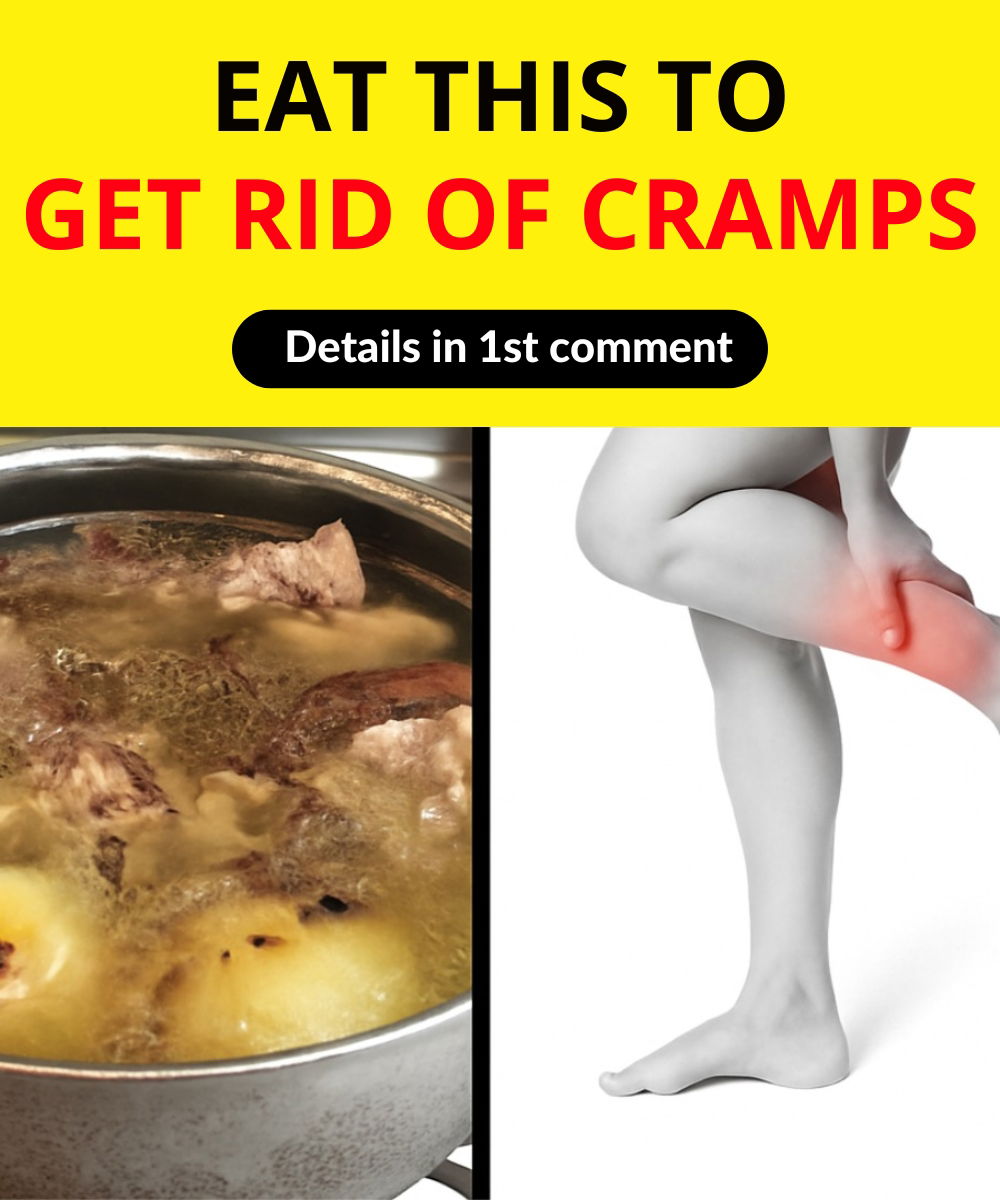
Muscle cramps can strike unexpectedly—during a workout, while you’re asleep, or even when you’re relaxing. These sudden, involuntary contractions are usually short-lived but can be quite painful.
A major reason cramps occur is due to low levels of essential minerals like potassium, magnesium, calcium, or sodium, often combined with poor hydration.
That’s why eating nutrient-dense foods and staying hydrated are key to keeping cramps at bay. Below is a list of foods that support muscle function and help prevent cramping.
13 Foods That Can Help Prevent Muscle Cramps
Adding the following foods to your regular meals can help you maintain the right balance of electrolytes and reduce the risk of painful muscle spasms:
1. Bananas
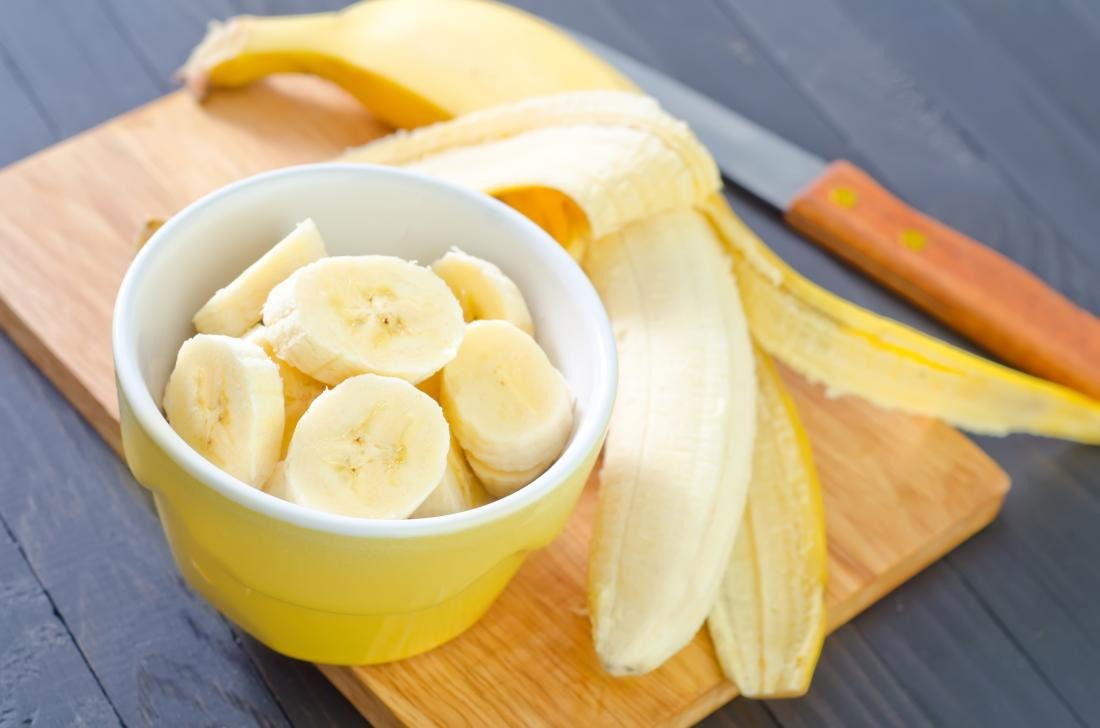
High in potassium, magnesium, and vitamin B6, they support healthy muscle contractions and prevent spasms.
2. Avocados
Loaded with potassium, magnesium, and healthy fats, they promote proper nerve and muscle function.
3. Spinach
Packed with calcium, magnesium, and potassium—whether eaten raw or cooked—it helps prevent nutrient deficiencies linked to cramps.
4. Potatoes and Sweet Potatoes (with skin)
Natural sources of potassium and slow-digesting carbohydrates that nourish your muscles.
5. Coconut Water
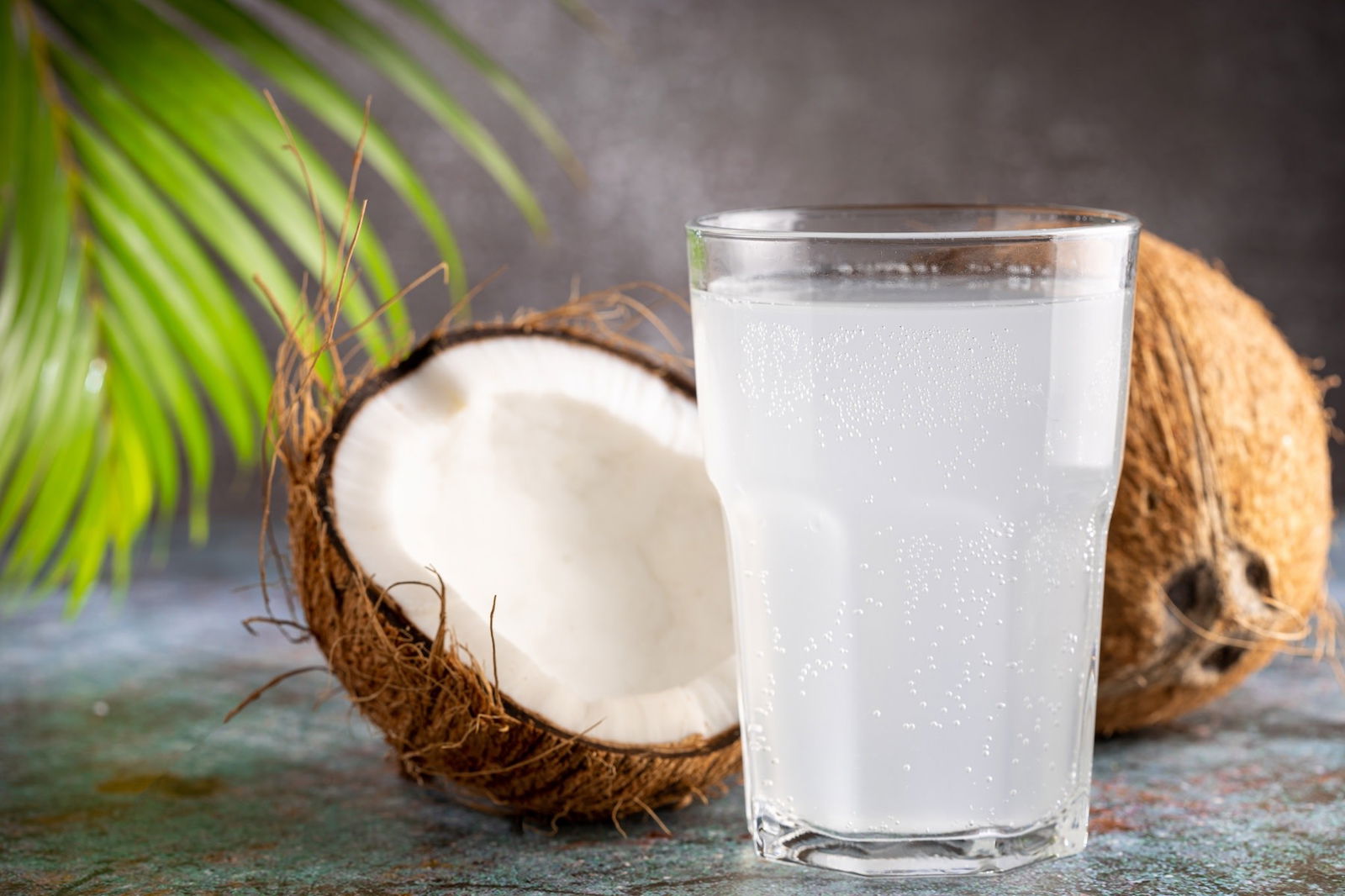
A hydrating beverage full of electrolytes such as sodium, potassium, and magnesium, perfect after physical activity.
6. Almonds
Rich in magnesium, they help relax muscles and prevent tension or spasms.
7. Plain or Greek Yogurt
Offers both calcium and protein, helping restore nutrients post-exercise.
8. Melons and Watermelon

Full of water and potassium, they hydrate and replenish minerals, especially in warm weather or after sweating.
9. Fatty Fish (like Salmon)
High in omega-3 fatty acids and magnesium, these help reduce muscle inflammation and speed up recovery.
10. Pumpkin Seeds
Tiny but nutrient-dense, they’re an excellent source of magnesium and zinc.
11. Legumes (Beans, Lentils, Chickpeas)
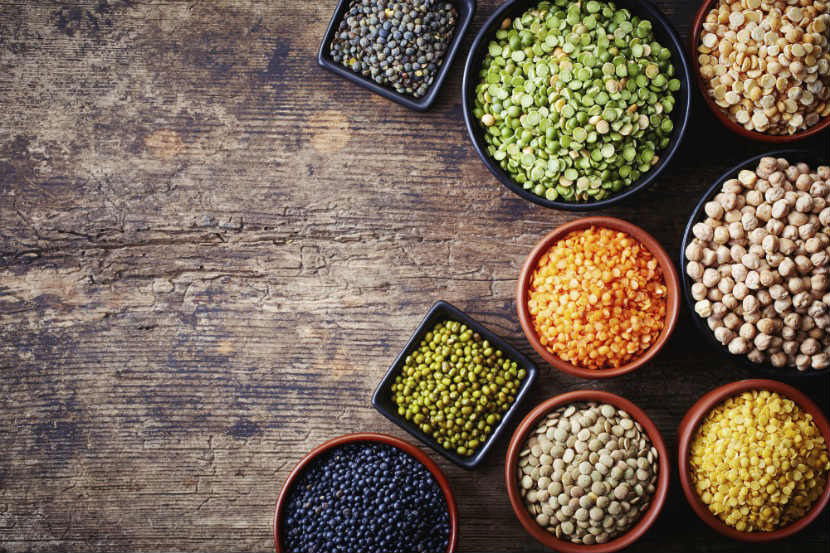
These provide iron, magnesium, and potassium—essential minerals for muscle health.
12. Tomatoes
Besides potassium, they offer lycopene, an antioxidant that supports blood flow.
13. Oats
A great source of magnesium, iron, and complex carbs that fuel and strengthen muscles.
Why These Foods Work
Cramps are often caused by:
- Mineral imbalances, especially a lack of magnesium, potassium, or calcium
- Dehydration, which throws off electrolyte levels
- Strenuous activity without proper nutrient replenishment
These foods help correct deficiencies, keep you hydrated, and support both your muscular and nervous systems.
Tips to Prevent Muscle Cramps
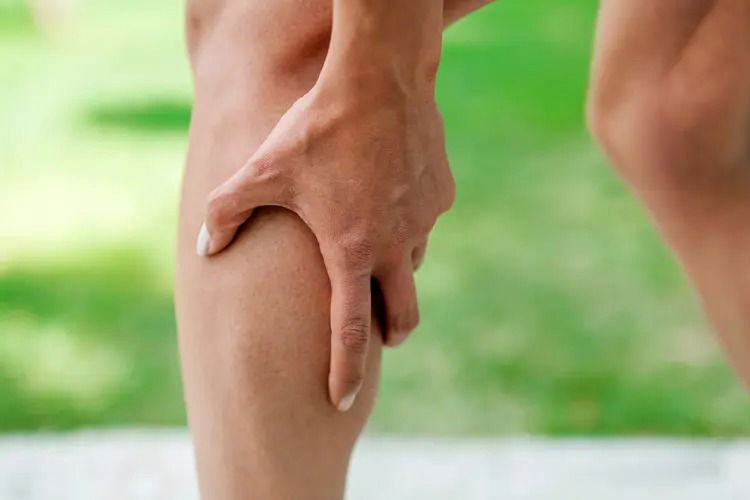
Stay hydrated throughout the day, especially when exercising or during hot weather.
Limit alcohol and caffeine, as they can lead to dehydration.
Stretch regularly, before and after workouts, to keep muscles flexible.
Eat a diverse diet full of fruits, vegetables, whole grains, and seeds.
See a doctor if cramps are frequent or severe—they might indicate an underlying issue.
Final Thought:
A nutritious, well-rounded diet is one of the best defenses against muscle cramps. By fueling your body with the right foods and fluids, you support overall muscle health and enhance your daily comfort. Nurture your body from within!




















